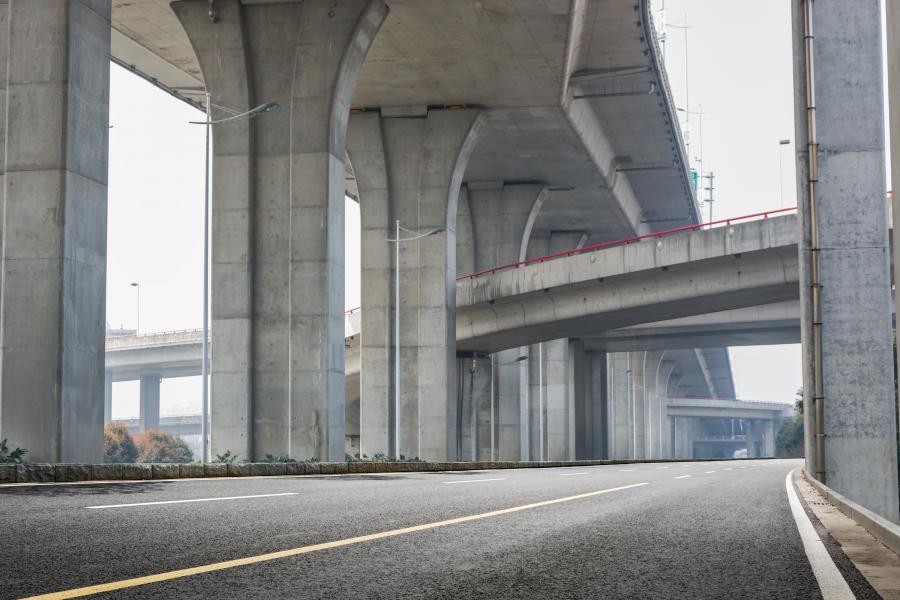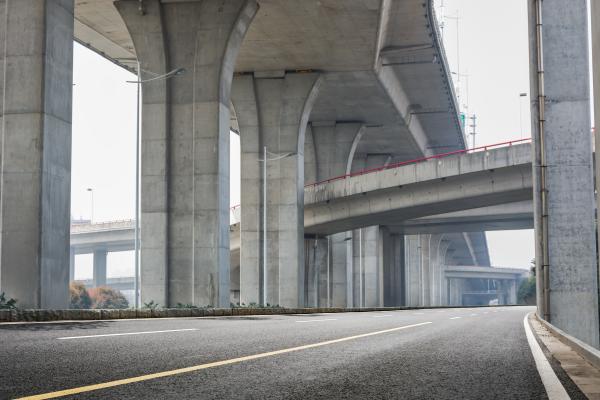ETROD-Online dialogue with Stuart Kirsch: “Innovation, Adoption, and Resistance to New Technology and Materials: Concrete and the Postcarbon Transition”
ETROD-Online dialogue with Stuart Kirsch: “Innovation, Adoption, and Resistance to New Technology and Materials: Concrete and the Postcarbon Transition”
Stuart Kirsch is Roy A. Rappaport Collegiate Professor of Anthropology at the University of Michigan, where he works on topics related to climate change, engaged anthropology, industrial ethnography, open futures, political ecology, and property. He has worked extensively as an engaged anthropologist, including long-term research and advocacy with people living downstream from the Ok Tedi copper and gold mine in Papua New Guinea and political refugees from West Papua, Indonesia. He has consulted for the Nuclear Claims Tribunal in the Marshall Islands; on conservation in Papua New Guinea; on indigenous land rights and mining in Guyana, the Solomon Islands, and Suriname; and with an engineering firm that designs machinery for the mining industry. His current research project, Transitions: Pathways to a Post-Carbon Future, is supported by the NOMIS Foundation in Switzerland.
There is no preparatory reading, but we invite you to think with Stuart and us about his new project.
In our ETROD Online Dialog he will talk about: “Innovation, Adoption, and Resistance to New Technology and Materials: Concrete and the Postcarbon Transition”:
Concrete is the most abundant material humans produce. It also contributes eight percent of the greenhouse gas emissions responsible for climate change. What can ethnographic research on cement and concrete tell us about hard-to-decarbonize sectors of the economy? This presentation explains the material properties of cement and concrete. It also analyzes the factors that shape innovation, adoption, and resistance to new technology and materials essential to the postcarbon transition. These include rates of replacement, contributions from actors distributed across institutional settings, novel forms of capital and investment, government regulations and incentives, path dependencies and corporate interests, the role of hype, price sensitivity and tipping points, where change is most likely to begin, and the possibility of a virtuous cycle of competition.
To join us online, please use the following link:
https://uni-frankfurt.zoom-x.de/j/65020988539?pwd=Wlc2WGdSVXRQOW1PWEl2Q1YyV0d2dz09
Meeting-ID: 650 2098 8539
Kenncode: 639066
For further information please visit the ZIRS website or send an email to etrod@zirs.uni-halle.de.


